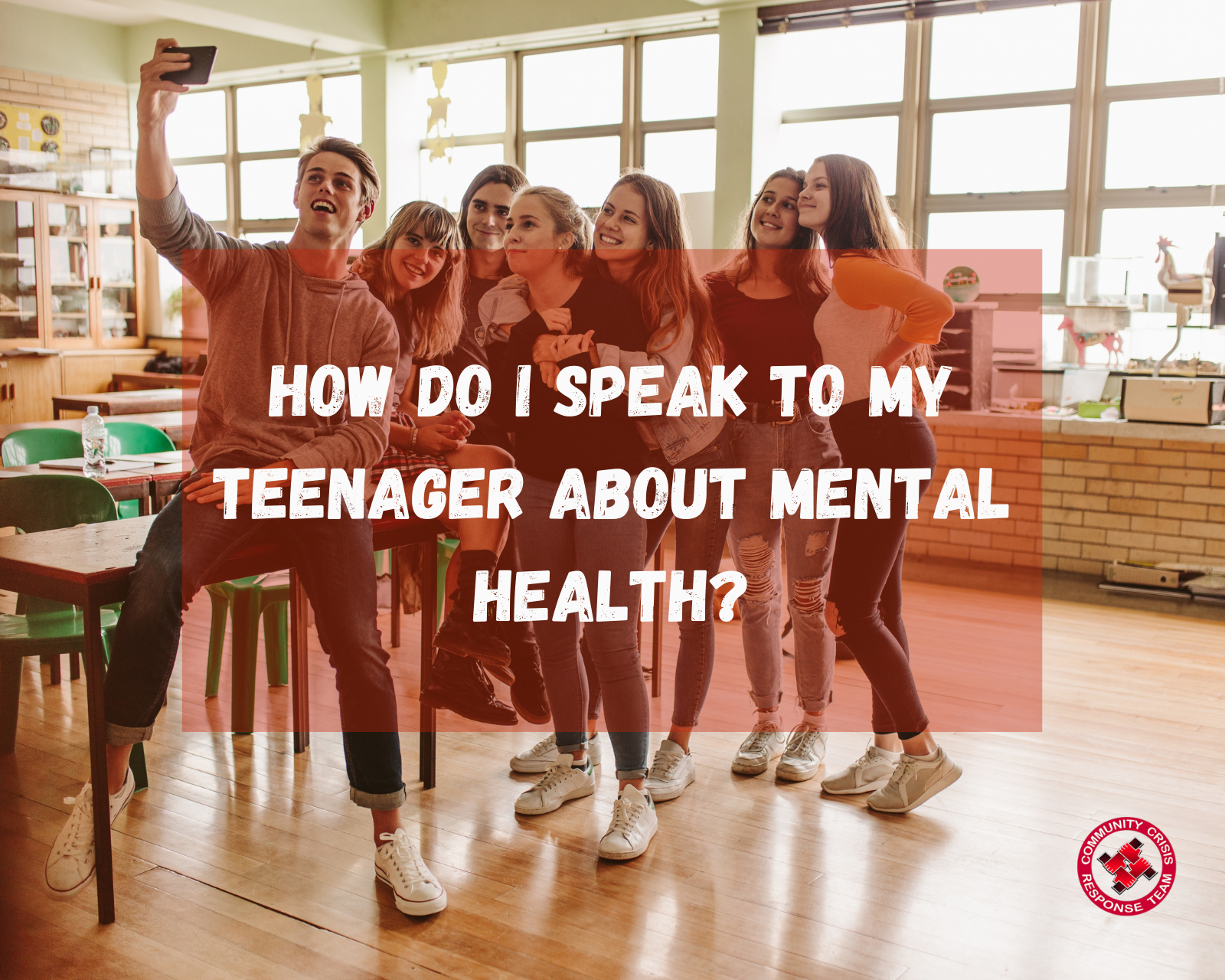Communicating with teenagers can become difficult during puberty. Parents
often find their teenagers closed off, dismissive, cheeky, or disrespectful. How
can mothers and fathers still talk to them?
Accept the challenge and stay tuned in when it comes to communication. Conversation is vital to stay connected. Don’t just talk to your child to make rules or to resolve conflicts but talk about the trivial and unimportant things too. And remember to keep laughing together!
Difficult behaviour during puberty can be challenging, but it is not always a cause for concern. However, if the behaviour of children, adolescents and young adults (with or without an identifiable cause) changes suddenly and massively, this may be a sign that they need their parents to be clued in and supportive. Often, when parents try to talk to their child about what is bothering them, they get no answers as it can be very difficult to open up. Working towards good mental health and seeking help early means that teens can get back on their feet more quickly when problems arise.
Teens who are connected to caring adults can feel and do better again with some support. As parents you don’t need to have all the answers. You just need to be open, curious, and compassionate.
How to talk to a teenager about Mental Health
Be interested – Show interest in your teen when they want to talk. It is okay to ask questions to get the conversation started.
Openness – It is vital for parents to be open and honest when communicating with their teenager about emotions. When teenagers know what it’s like for their parents when they feel bad, they will understand their own emotions more, worry less and will not feel any shame towards themselves when they are struggling.
Be genuine -Teens can see right through an adult who is “faking it.” If you’re feeling uncomfortable in a discussion with a young person, admit it. Say something like, “This is hard for me to talk about, so I totally understand if it’s difficult for you too.”
Allow for silence – Just like anyone, teens may struggle at times to express what they want to say. Interrupting a silent moment may prevent someone from having enough time to formulate their thoughts—be patient.
Normalise – Don’t make Mental Health out to be something that needs to be kept quiet, this only adds to stigma. As an introduction to a conversation, it can be helpful to let them know that struggles with mental health can occur very frequently and can affect anyone. Also communicate that everyone can have a bad day, or week, at times. It’s normal to feel low, stressed, or anxious when we experience conflict, disappointment, loss, or other upsetting situations.
It’s ok not to be ok – let your teenager know that it is okay to feel down, anxious or to be struggling. And let them know that it is okay to ask for help and accept the same.
The Setting – Make sure to have a conversation about mental health with your teenager wherever you and your teen is comfortable. Maybe taking them out to dinner will help open up conversation. Often teenagers find it easier to talk while doing another activity, like driving in the car, cooking or baking together, or walking the dog. Sometimes talking during an activity that requires little eye contact can make the conversation more comfortable.
Validate – Mental health challenges can occur at any age. Wondering what a young person has to be depressed or anxious about implies to them that their life experiences and emotions are less valid just because of their age. It is most important to validate how your teenager feels without judging them. Listen carefully what they are telling you and take it serious. When their emotions and struggles are acknowledged and validated, they feel heard and they know they can talk to you about what is bothering them.
Needs – Ask your teen what they need. They might already have a good idea of the next steps they would like to take. You do not have to have the answers. This is an opportunity to learn together.
Signs
These are some signs that your teen might be struggling. These may not point to a mental illness, but they show that it’s time to talk with your teen and then with a doctor or mental health professional to see what’s going on and how you can help your teenager:
• Anxiety – when it seems out of control or extreme for some situations
• Low mood – if it lasts for a long time or frequent tearfulness
• Unusually high mood – racing thoughts or ideas, sudden hyperactivity and nearly manic behaviour
• Hopelessness and Worthlessness – frequent talk of feeling worthless, blaming oneself when things go wrong, talk about death or that they have no hope, or wanting to escape
• Excessive irritability or anger – getting angry very easily and feeling irritable at seemingly small things
• Eating – Changes in eating habits, weight loss or weight gain
• Sleeping – unhealthy sleeping patterns, difficulties going to sleep or wanting to sleep all the time
• Self-injury or self-harm – hurting themselves or inflicting injury to themselves
• Memory – Difficulties remembering information or other things
Finally: Take care
It is important that you take care of yourself! If you feel that you cannot address your child’s needs and fears, give yourself some time and calm and seek the dialogue again when you feel better. The more we normalise the conversation around mental health the easier it will be for young people to reach out and start a conversation when they have the need to talk.
Anika Sparling, MSc, BSc (Hons), Dip is a practicing counsellor/psychotherapist specializing in child & adolescent counselling & psychotherapy.
